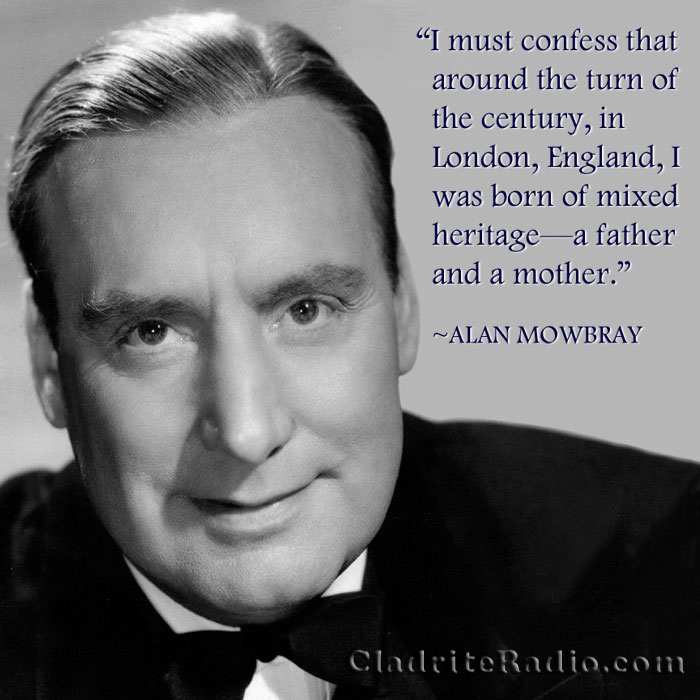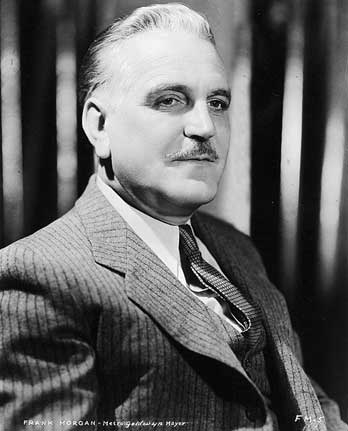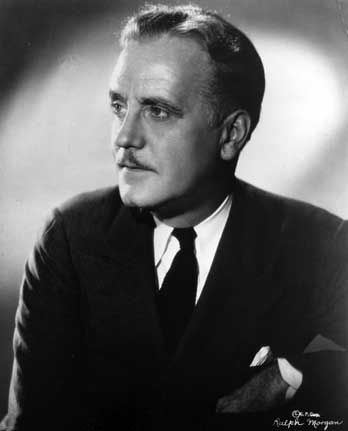Character actor Alan Mowbray was born Ernest Allen in London, England, 120 years ago today. Here are 10 Did-You-Knows about the veddy, veddy British Mowbray:
- After serving in the British Army during World War I, Mowbray was awarded the Military Medal and the French Croix de Guerre for bravery.
- After beginning his acting career in touring productions in the English provinces and later appearing in London’s West End, Mowbray moved to New York City. Once there, his money quickly ran out and with nowhere to stay, he lived for a time in Central Park.
- Before long, Mowbray was hired to tour with the Theatre Guild. His Broadway debut was in a 1926 play called Sport of Kings.
- In 1929, Dinner Is Served, an original comedy that Mowbray wrote, directed and starred in, opened on Broadway at the Cort Theatre. It closed after just four performances. In December of that year, Mowbray opened in The Amorous Antic. After that, he would not again appear on Broadway until 1963, when he was cast in Enter Laughing.
- His stiff-upper-lip manner and posh accent were Mowbray’s ticket to Hollywood, where, with the advent of talkies, theatrical actors who spoke well were in demand. He made his motion picture debut in 1931 opposite Frank Fay, Laura La Plante and Joan Blondell in God’s Gift to Women. He played a butler.
- He played George Washington in three different pictures: Alexander Hamilton (1931), Where Do We Go From Here? (1945), and in an uncredited role, The Phantom President (1932).
- Mowbray was a founding member of the Screen Actors Guild.
- Over a thirty-year career in movies, he appeared in more than 130 feature-length motion pictures. He also was very active on television, where he amassed more than 50 credits in nearly twenty years of work.
- Mowbray became the father-in-law of fellow character actor Douglas Dumbrille, who, at the age of 69, married Mowbray’s 28-year-old daughter (ick!).
- He appeared in movies opposite a trio of actors portraying Sherlock Holmes: Clive Brook in Sherlock Holmes (1932), Reginald Owen in A Study in Scarlet (1933) and Basil Rathbone in Terror by Night (1946).
Happy birthday, Alan Mowbray, wherever you may be!



